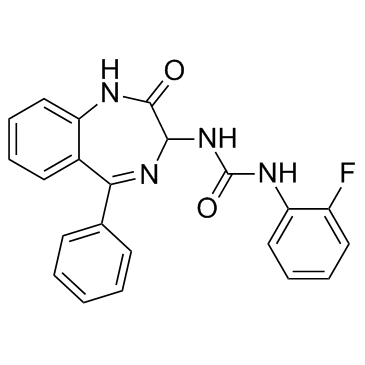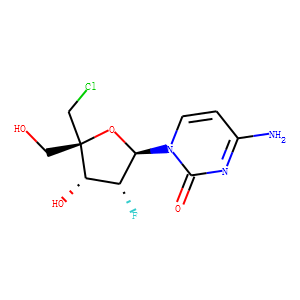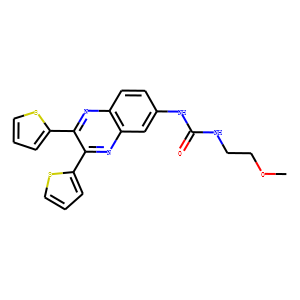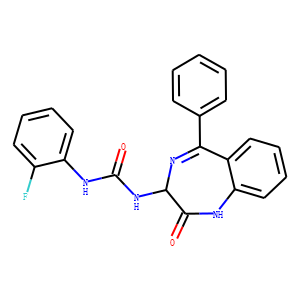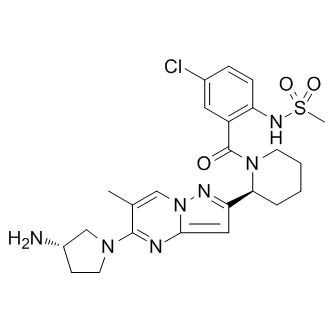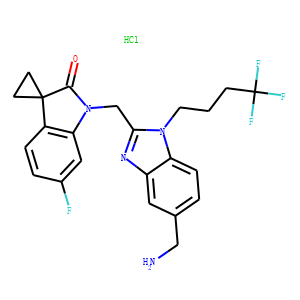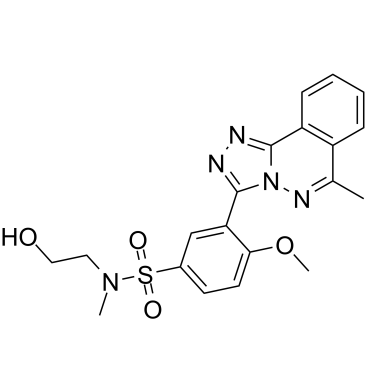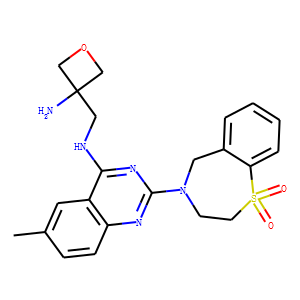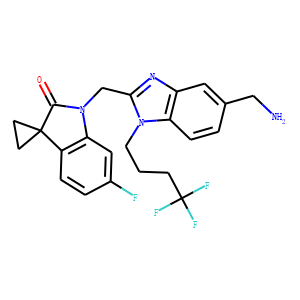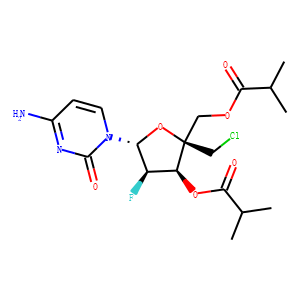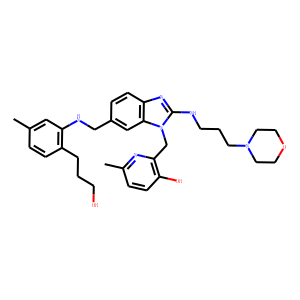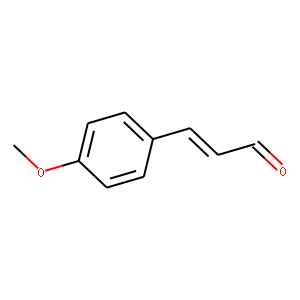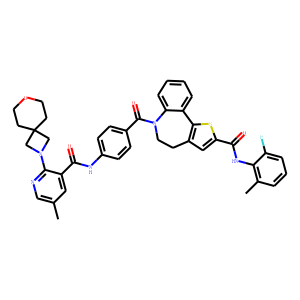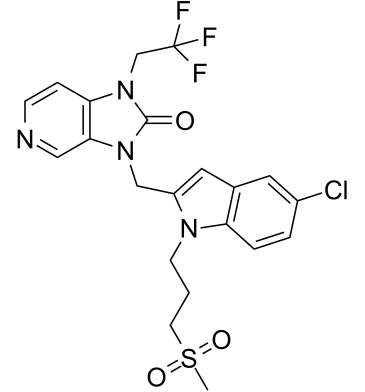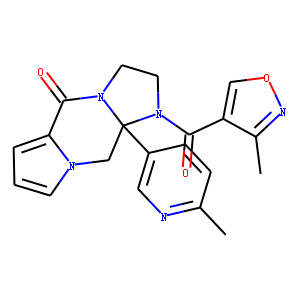RSV
Respiratory Syncytial Virus (RSV) is a common respiratory virus that primarily affects infants and young children, but can also impact older adults and those with weakened immune systems. RSV is notorious for causing mild, cold-like symptoms in most cases, but it can lead to more severe respiratory illnesses such as bronchiolitis and pneumonia, particularly in premature infants and the elderly. The virus spreads through respiratory droplets when an infected person coughs or sneezes. There is no specific vaccine widely available for RSV, but preventive measures include good hygiene practices like handwashing. Management typically involves supportive care, such as hydration and fever reducers. RSV is a significant concern due to its potential for severe respiratory complications.

